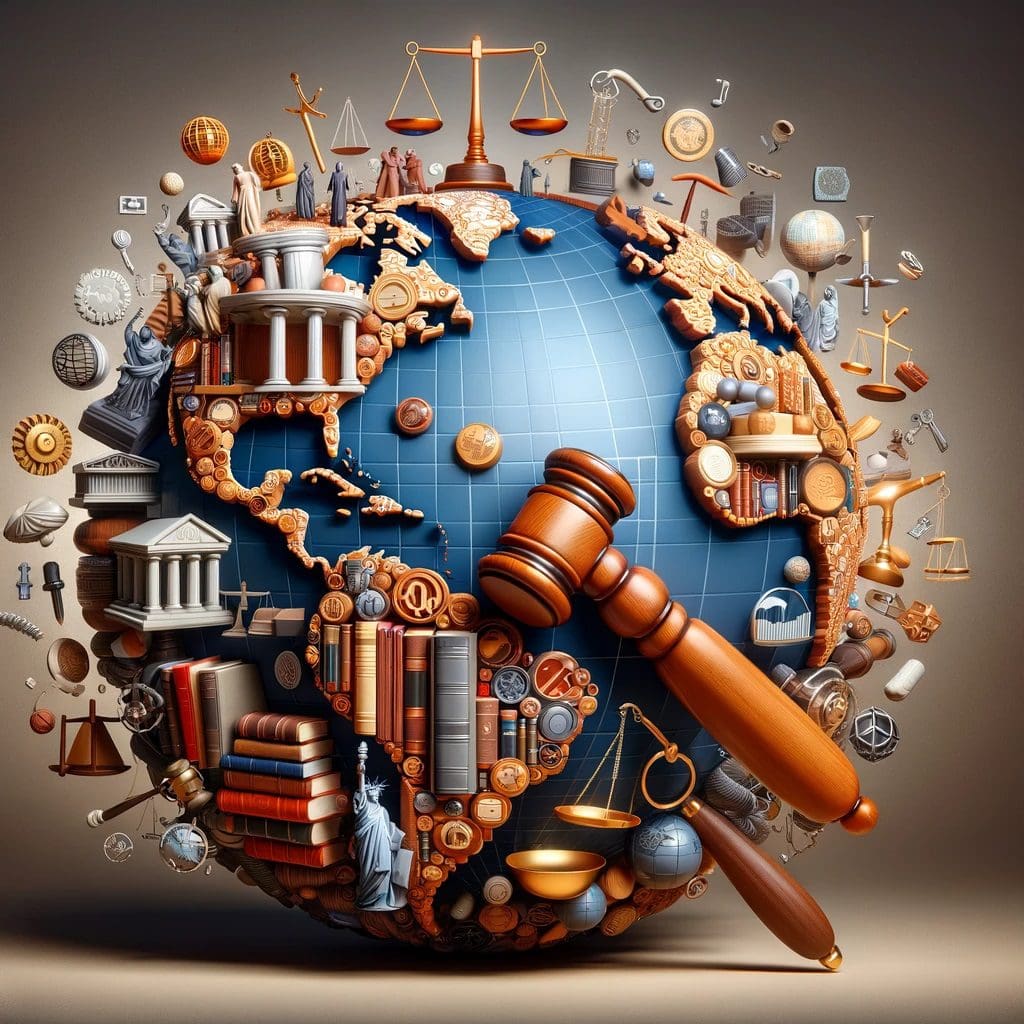What Challenges Do Emerging Economies Face in Legal Reform?
You begin on a journey through the complex web of legal systems worldwide – a tapestry woven with traditions steeped in history, evolutions influenced by societal changes, and challenges that test the very foundation of justice. From common law to civil law, customary law to religious law, each legal system contributes a unique thread to […]
Read More
